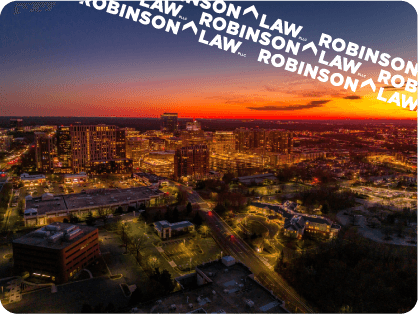When Are Police Required to Read You Your Rights? The Miranda Warning Explained | Robinson Law, PLLC
A Miranda warning is designed to be a protection against self incrimination, that is, a protection from defendants being forced to make statements or give other information that will help the government convict them of a crime. The Miranda case says that where a person is in custody and being interrogated (asked questions) those circumstances are similar to a forced confession. For that reason, the police must first warn a person who is in custody and being questioned that they have the right to remain silent, that what they do say will be used against them in court, and that they have the right to a lawyer. Unless the warning is given, the statements made by the defendant cannot be used in court.
Why did I receive a Miranda warning? Simply, because the police hope that you will make statements they can use to convict you. It is never just to “get your side of things,” it is always to build a case against you. At the end of the warning, you may be asked if you understand you rights and are willing to waive them. The answer should be “no” 100% of the time until you can talk to a lawyer. Any statement you make, even if you declare your innocence, can be twisted and used against you.
But what if you were arrested and never received a Miranda warning? Does that mean the charges will be dropped? Not necessarily. First, any statements that are volunteered to the police don’t require a Miranda warning. In other words, if you tell them things without being asked a question, Miranda doesn’t apply because you aren’t being “interrogated.” This is true even if you have already said you are remaining silent and have asked for a lawyer.
Similarly, if you are not in custody Miranda does not apply, though want counts as being in custody is not what most people think. If you have been pulled over and are being investigated for a DUI, for example, this is most frequently considered a “detention”, something less than custody/arrest. Miranda won’t apply to that situation until you are actually arrested, and at least in the case of a DUI, by then they have already collected all the evidence they needed to make the arrest.
With that said, there are many circumstances prior to arrest that are so similar to arrest that they will trigger the requirements of Miranda. If statements are obtained from you while you are in custody/under arrest and being questioned, they can’t be used in court. This might mean the government can’t go forward with its case, or it might just mean it will be more difficult for them to meet their burden of proof. It does not, however, result in an automatic dismissal. Either way, keeping un-Mirandized statements out of evidence at trial can be the difference between guilty and not guilty.
If you are confronted by police, never waive your rights and never make statements whether you are given a Miranda warning or not. Get in touch with a lawyer as soon as you are able.












